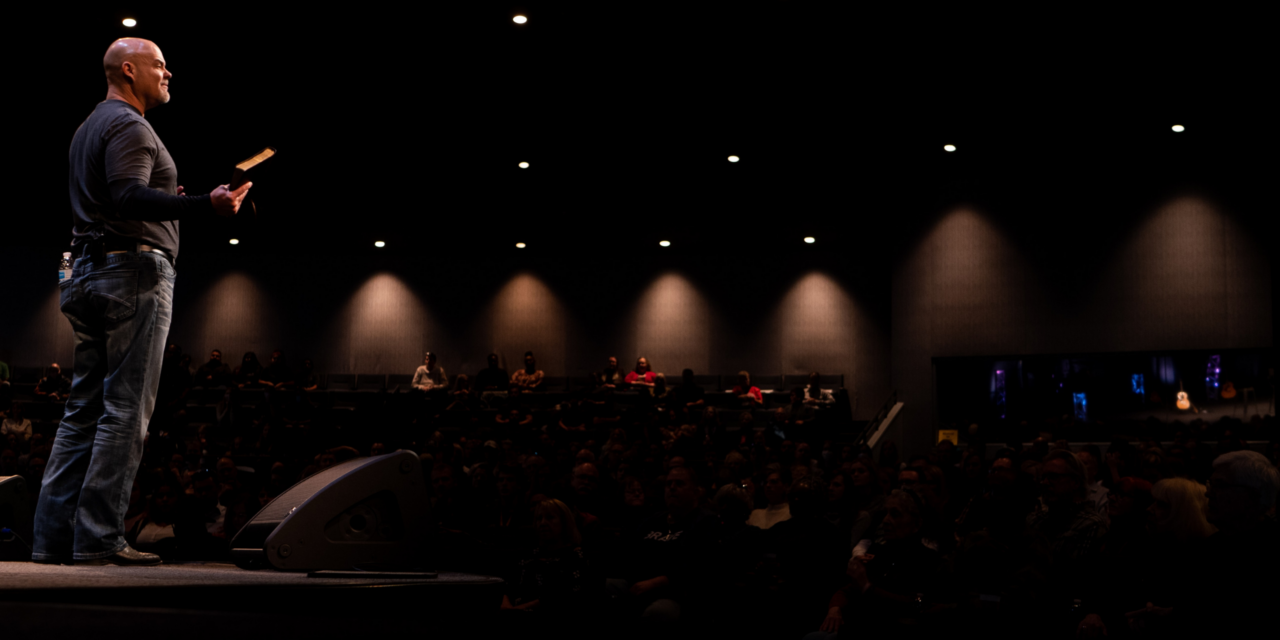Have you ever wondered why you believe what you believe? The answer “I just read the Bible,” while sounding noble, is sourced in either naiveté or ignorance because every branch within the Christian tradition – Catholic, Orthodox, Baptist, Lutheran, Methodist, etc. – argues their beliefs are biblically warranted. The more incisive question is how did those beliefs within your tradition develop? For example, why do Catholics pray to Mary? Why do Orthodox think icons are important? Why do Baptists baptize only after conversion?
Ever since I was a young Christian, I wanted to own what I believed. I didn’t want to merely know the “what” of the faith but the “why” behind it. So I poured myself into areas of study such as systematic theology, biblical theology, historical theology, and church history. One of the drivers is my conviction that while the Bible is the sole infallible rule of faith, church tradition also carries a measure of authority. My semi-fundamentalist upbringing taught tradition was generally a bad thing – a form of legalism, rote ceremony, and empty faith. However, the more I studied both Scripture and history, the more I agreed with the statement that “tradition is the living faith of the dead, and traditionalism is the dead faith of the living.”1 It’s important to see how the Spirit of God led his people throughout the ages and how ancient believers responded (rightly or wrongly) to that leading because the culmination of those events and decisions gave birth to the modern church. Historic creeds, councils, and confessions have had a huge influence on believers today whether they realize it or not. These things matter. I mean really matter!
For years, I’ve felt great unease with the brand of American pietistic evangelicalism seeped in anti-intellectualism and shallow theology.2 Its small grasp of and smaller care for what the Spirit has done in and through the Church Historical has always struck a sour note in me. I don’t want to be a follower of Jesus untethered from the church of Jesus throughout history, succumbing to what C.S. Lewis termed chronological snobbery3 where I uncritically accept the intellectual climate of my current age assuming whatever is old is discredited solely because it’s old. The reality is that I was saved into the church – the one from the ages – not apart from her. In Christ, I am one with her. She is one with me. Her story is my story – our story as Christians. Thus, all believers have been shaped by the church of our childhood and the church of history.
That’s why I finally decided to jump into Yale church historian Dr. Jaroslav Pelikan’s critically acclaimed five-volume opus The Christian Tradition: A History of the Development of Doctrine which traces the progression of Christian theology from the first century to the twentieth. I had purchased the set years earlier because of a recommendation from one of my dearest friends who I respect both theologically and academically. But the 2,056 pages kept me at bay. That is, until this past year. I finished the fifth and final volume and though it was a long journey, The Christian Tradition has been the most enriching, challenging, and thought-provoking read in over a decade. Over the next few posts I’m going to share a few of my “take aways” from reading about how our Christian beliefs were taught, fought, and forged over the last twenty centuries.
Footnotes
- Jaroslav Pelikan, The Vindication of Tradition, p. 65.
- For more, see Dr. Mark Talbot’s Modern Reformation article What’s Wrong with Pietism
- C. S. Lewis, Surprised by Joy (Harcourt, Brace, Jovanovich, 1966) ch. 13, pp. 207-8


1 thought on “Learning from ‘The Christian Tradition: A Development of Doctrine’”
Thank you for sharing your thoughts and wisdom. I, for one, have been positively impacted by you.